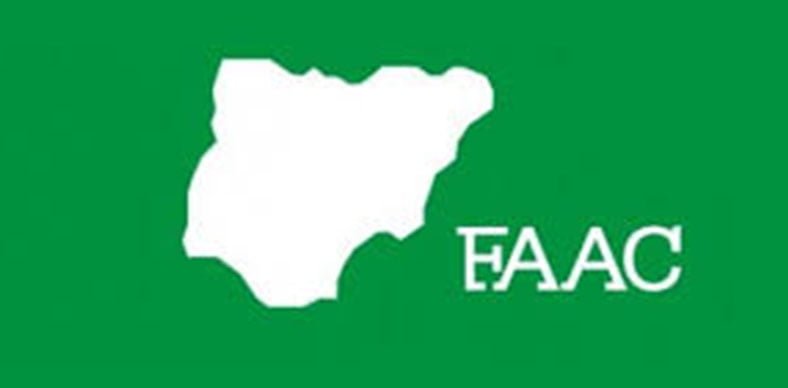Data from the Federation Account Allocation Committee (FAAC) has shown that electronic transfer levies generated N80.86 billion for the three tiers of government in the first six months of 2023.
It has also followed a sharp increase in electronic transfers that had been recorded in the country in recent times.
Electronic Money Transfer (EMT) levy was introduced as a source of government revenue in the Finance Act 2020, which amended the Stamp Duty Act to tap into the growth of electronic funds transfer in Nigeria.
It is a singular and one-off charge of N50 on electronic receipt or transfer of money deposited in any deposit money bank or financial institution on any type of account on sums of N10,000 or more.
Since it was introduced, it had been a steady source of income for the three tiers of government as the government made N13.8 billion from electronic money transfer levies in January 2023, N11.65 billion in February 2023, N14.49 billion in March 2023, N15.12 billion in April 2023, N14.37 billion in May 2023, and N11.44 billion in June 2023.
The government was also moving to surpass its N137.03 billion projection for 2023. In its 2023 – 2025 Medium Term Expenditure Framework and Fiscal Strategy Paper, the Budget Office of the Federation hoped to make N137.03 billion from the Electronic Money Transfer (EMT) levy in 2023, N157.59 billion in 2024, and N189.11 billion in 2025.
“The Main Pool, VAT Pool, and Electronic Money Transfer Levy are projected at N4.89tn, N2.74tn, and N136.35bn, respectively, in 2023,” it said.
The office added that the government made N111.84 billion from EMTL in 2021. E-payment transactions had recorded a surge in adoption since the onset of the pandemic in 2020.
According to data from the Nigeria Inter-Bank Settlement System portal, the total value of electronic transactions was N108.42 trillion in 2019. This grew to N162.89 trillion in 2020 and surged to N278.38 trillion in 2021. By 2022, cashless transactions jumped to N395.47 trillion.
The International Monetary Fund (IMF) recently stated that the value of mobile money transactions in Nigeria grew to 9.72 per cent of the Gross Domestic Product in 2020 because of the COVID-19 pandemic.

